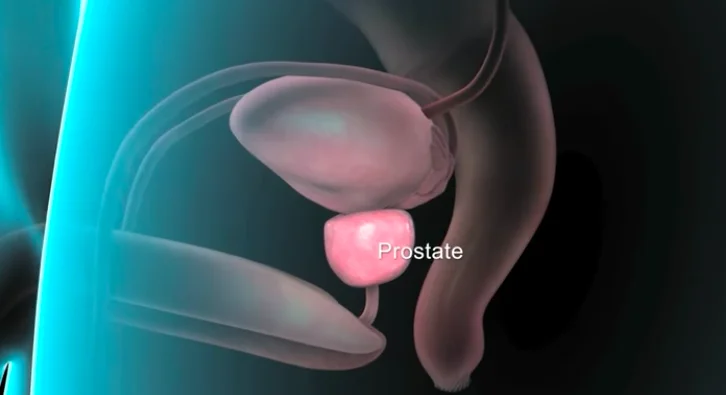
How Common is Benign Prostate Enlargement (Hyperplasia)
Benign enlargement of the prostate, also known as benign prostatic hyperplasia, or BPH, is the most common prostate problem in men. Almost all men will develop some enlargement of the prostate as they age.
What Group is Most Affected by an Enlarged Prostate
Overall, the number of men with BPH increases with age. By age 60, 50% of men will have some signs of BPH. By age 85, 90% of men will have signs of the condition. About half of these men will develop symptoms that need treatment.
Does Having BPH Increase Risk of Prostate Cancer
Based on research, having BPH does not seem to increase the risk of developing prostate cancer. However, BPH and prostate cancer have similar symptoms, and a man who has BPH may have undetected cancer at the same time.
To help detect prostate cancer in its early stages, the American Urological Association and the American Cancer Society recommend getting screened every year from 50 to 70. They also recommend that men who are at high risk, like African-American men and men with a family history of prostate cancer, begin screening at 40. Screening tests for prostate cancer include a blood test for a substance called prostate-specific antigen (PSA) and the digital rectal exam (DRE).
What are the Symptoms of BPH
Since the prostate gland surrounds the urethra, it is easy to understand that enlargement of the prostate can lead to blockage of the urethra. As a result, you may develop:
- Frequent urination
- Slowness or dribbling of your urinary stream
- Hesitancy or difficulty starting to urinate
- Feeling of urgency to urinate
- Need to get up at night to urinate
If Symptoms Progress
The enlargement of the prostate can lead to blockage of the urethra which can lead to the following:
- Bladder infection
- Bladder stones
- Blood in your urine
- Damage to your kidneys from back pressure caused by retaining large amounts of extra urine in the bladder
- Sudden blockage of the urinary tube, making urination impossible
How is BPH Diagnosed
To start, a doctor will look at your medical history and give a complete physical. The doctor will perform a digital rectal examination to feel the prostate. Because the prostate gland is in front of the rectum, it is relatively easy for the doctor to feel much of the gland. This enables the doctor to estimate the size of the prostate and to detect any hard areas that could be cancer.
How is BPH Treated
Patients with mild symptoms may not require treatment other than continued observation to make sure the condition doesn’t get worse. This approach is sometimes called “watchful waiting”. There are a number of treatment options available if your symptoms are severe:
Medication
Surgery
Minimally invasive treatments
If you have any thoughts or fears that you may have BPH, just pick up the phone and call Z Urology, with offices in South Florida. Call today!
Z Urology provides state-of-the-art urologic care in the South Florida area with a focus on both male and female urology. Our practice specializes in all urologic procedures, specifically, minimally invasive methods. Our three locations to choose from are located in Fort Lauderdale, Coral Springs and Pompano Beach.
We at Z Urology specialize in bladder issues, erectile dysfunction (ED), prostate issues, urinary incontinence, sexual dysfunction, stone disease, BPH, male infertility, pyeloplasty, Peyronie’s disease, and ureteral reimplantation.


Recent Comments